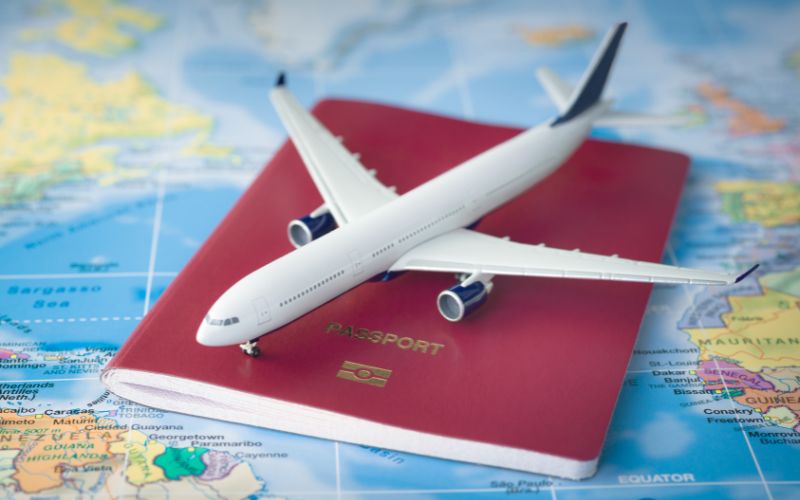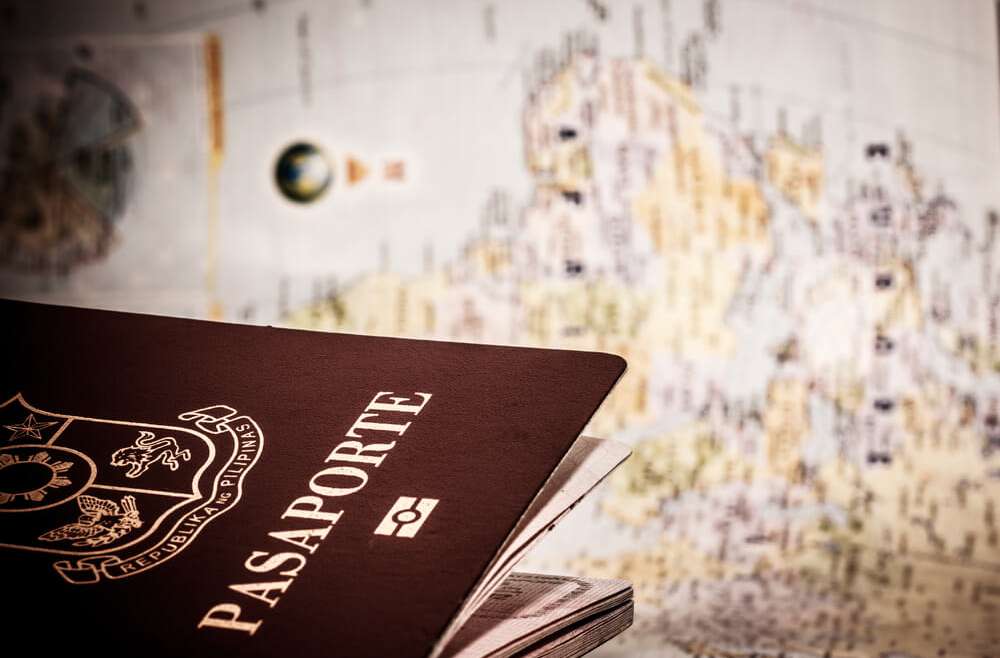
Introduction
Traveling the world is an exciting endeavor, but it often comes with a fair share of administrative tasks, particularly when it comes to passports and visas. Many myths and misconceptions surround these essential travel documents, leading to confusion and potentially ruining your travel plans. To ensure you embark on your journey well-prepared, we'll debunk seven common passport and visa myths, shedding light on the crucial facts you need to know.

Myth 1: You Don't Need a Passport for Domestic Travel
One prevalent misconception is that a passport is necessary only when traveling internationally. While it's true that you don't need a passport for domestic travel within your own country, there are situations where it might be required. For example, if you're flying from one U.S. state to another, a government-issued photo ID, such as a driver's license, is usually sufficient. However, if you're traveling to or from U.S. territories like Puerto Rico or the U.S. Virgin Islands, you may need a passport or other approved documents.
Moreover, if you plan to use your driver's license as a form of ID for domestic flights, be aware that requirements are changing. The REAL ID Act, which was postponed due to the COVID-19 pandemic, mandates that travelers present a REAL ID-compliant form of identification for domestic air travel. This means you may need a REAL ID-compliant driver's license or another acceptable form of identification, such as a passport, when flying domestically.
Myth 2: You Can Renew Your Passport Anytime
Passports don't last forever, and they have expiration dates for a reason. One myth is that you can renew your passport at any time, even if it hasn't expired yet. In reality, most countries have specific rules about passport renewal. Many countries, including the United States, allow you to renew your passport up to six months before it expires. Renewing your passport too early can result in losing some of the remaining validity on your old passport.
Additionally, some countries may require you to provide a valid reason for renewing your passport before it expires, such as running out of blank visa pages or your passport being damaged. It's essential to check the renewal requirements for your specific country to avoid any complications when planning your travels.
Myth 3: Visas Are Only for Long Trips
Another common misconception is that visas are only required for extended trips or long-term stays in foreign countries. While it's true that some countries offer visa-free or visa-on-arrival options for short tourist visits, many nations have specific visa requirements regardless of the length of your stay. The visa regulations can vary widely from country to country, so it's crucial to research and understand the entry requirements for your intended destination, whether you're planning a weekend getaway or a more extended adventure.
Furthermore, some countries may have specific visa types for various purposes, such as tourism, business, or education. It's essential to apply for the correct visa that aligns with your travel plans to avoid legal issues or denied entry upon arrival.
Myth 4: Travel Agencies Can Expedite Visa Processing
Travel agencies can be a valuable resource for booking flights and accommodations, but they don't possess the magical ability to expedite visa processing. Some people believe that using a travel agency will guarantee a faster visa approval process, but this is not accurate.
Visa processing times are determined by the immigration authorities of the country you're applying to visit, and they typically follow a standardized procedure. While some countries offer expedited processing for an additional fee, it's essential to check with the official consulate or embassy website for accurate information on visa processing times and requirements. Relying solely on a travel agency may lead to misunderstandings or delays in obtaining your visa.
Myth 5: You Can Use a Friend's Visa
Some travelers mistakenly believe that they can use a friend's or family member's visa to enter a foreign country. This is a dangerous assumption that can lead to serious consequences, including deportation, visa bans, or even legal penalties.
Each visa is issued to a specific individual and is not transferable. Using someone else's visa not only violates immigration laws but also puts your own legal status in jeopardy. If you're planning to visit a foreign country, you must apply for your own visa and go through the required application process.
Myth 6: Visa-Free Means No Entry Requirements
Visa-free travel sounds appealing, as it implies you can enter a foreign country without any formalities. However, this is not entirely accurate. Even when traveling to a country that offers visa-free access to your nationality, you may still be subject to certain entry requirements.
Common entry requirements for visa-free travelers include having a valid passport with sufficient validity, proof of return or onward travel, proof of sufficient funds to cover your stay, and a clean criminal record. Border authorities may also ask questions about the purpose of your visit and your accommodation arrangements. Failing to meet these entry requirements can result in denial of entry, so it's crucial to be prepared when traveling visa-free.
Myth 7: You Can Overstay Your Visa and Pay a Fine
Some travelers mistakenly believe that they can overstay their visa and simply pay a fine when they leave the country. While it's true that some countries may impose fines for overstaying a visa, this is not a guaranteed option, and it can lead to more severe consequences.
Overstaying a visa is a violation of immigration laws in most countries, and the penalties can vary widely. In some cases, overstayers may be detained, deported, or banned from re-entering the country for an extended period.
Conclusion
Clearing up these myths is essential for hassle-free travel experiences. Understanding the facts about these essential travel documents ensures that you can plan your trips with confidence and avoid potential legal issues while exploring the world. Always remember that accurate information and proper preparation are key to successful travel.